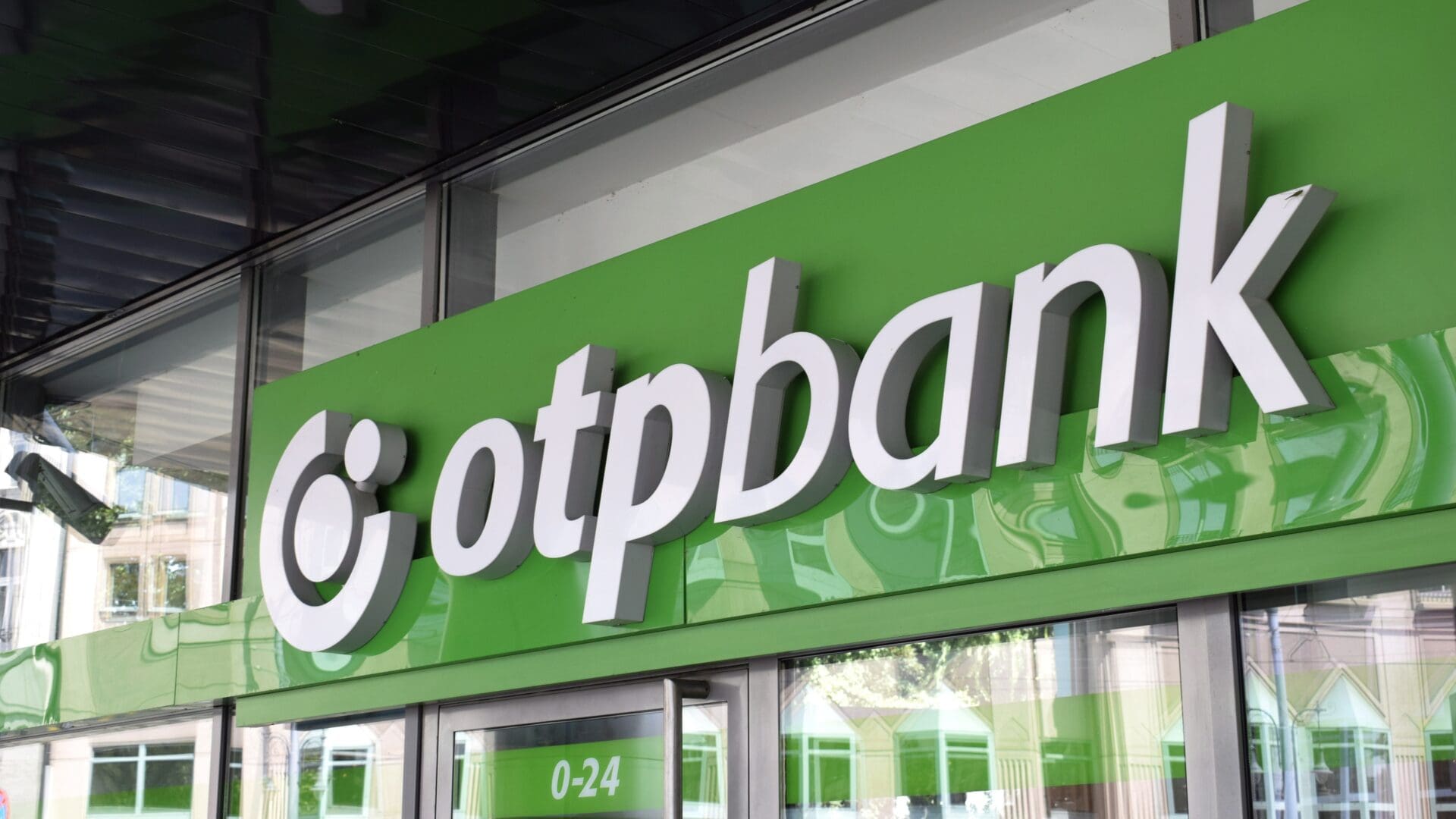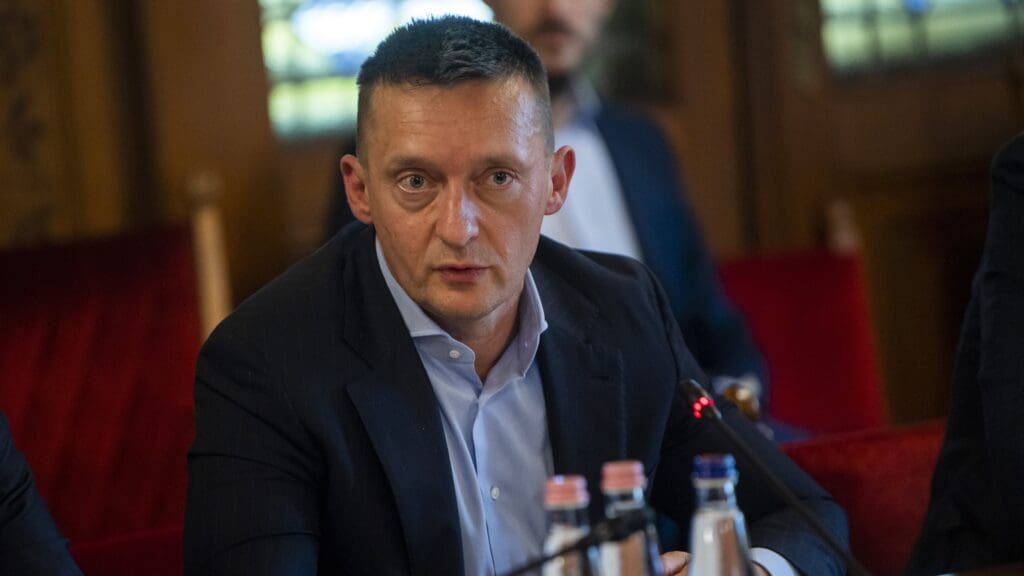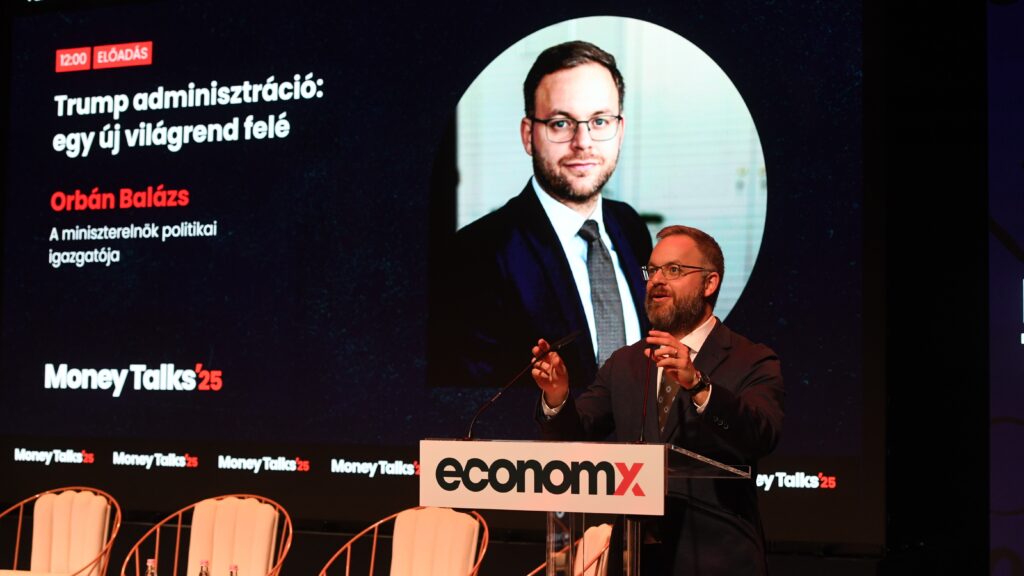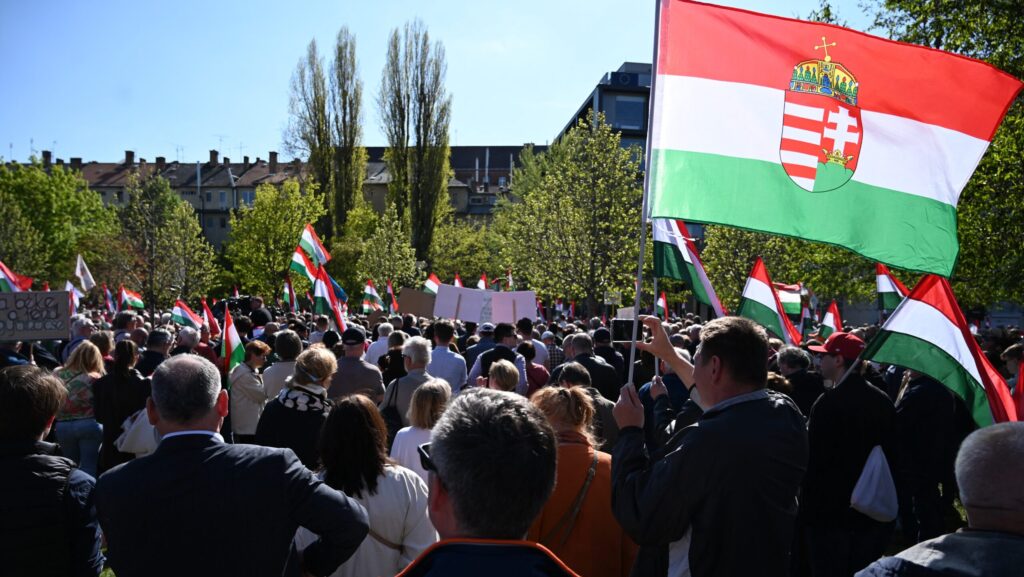As Hungarian Conservative has also reported, Ukraine’s anti-corruption agency (NAZK) has removed Hungary’s OTP Bank from its so-called ‘list of international sponsors of war’ earlier this week. The Ukrainian authority added OTP to this notorious list back in May, after the Hungary-based financial institution failed to suspend the activities of its Russian subsidiary. (This justification also makes it clear that the term ‘international sponsor of the war’ does not refer to those who are so keen on supporting the Ukrainian war effort with arms deliveries and money.) NAZK now claims that negotiations with OTP have been successful and that the institute has made certain commitments regarding its activity in the Russian market—making it no longer an international supporter of the war.
The Good Old ‘Naming and Shaming’
So, OTP seems to be one of the ‘good guys’ again, which is of course great news, even if the story itself is a tad absurd. After all, it is about the anti-corruption authorities in Ukraine, one of the most corrupt countries in the northern hemisphere and perhaps in the world, blacklisting a Hungarian bank with a market share of less than one per cent in Russia for allegedly supporting the Kremlin’s war aims. However,
many of the foreign banks operating in Russia with a larger stake than OTP are not on the list,
such as Italian UniCredit. Perhaps UniCredit was just lucky enough to dodge NAZK’s scrutiny, or maybe it was the Italian government’s vocal support of the Ukrainian war efforts that helped the institute to evade this branding—Ukrainian authorities tend to work in mysterious ways.
However, their goals are much clearer. In international politics, this kind of ‘naming and shaming’ is quite common practice: George W. Bush’s 2002 State of the Union speech, in which he referred to Iran, Iraq and North Korea, which spectacularly reject US global hegemony, as ‘the axis of evil’, is a particularly memorable example. At the time, this formulation effectively put the enemies of the establishment on the mental map of Americans who are normally indifferent to geopolitical issues. The Ukrainian authorities seek to achieve something similar—not least with the secondary aim of damaging the market prospects and image of these disliked companies by stigmatizing them.
The West’s Strange Breakup with Russia
The escalation of the Russo–Ukrainian conflict in 2022 has fundamentally changed the economic relationship between Russia and the, shall we say, global North. The EU and other Western powers have imposed a series of economic and political sanctions on Russia in the hope of bringing the country’s economy to its knees and so forcing the Russian military to retreat. (What effect this has had so far is another matter.) The Kremlin has responded in kind, leading to a spectacular exodus of some Western transnationals operating in Russia.
It is worth recalling that the EU and a number of Western countries even excluded some Russian-backed financial institutions from the SWIFT banking system, which many expected to cause the collapse of the Russian economy. Despite all this, it seems that, although the quality of life of the Russian population has undoubtedly deteriorated as a result of the sanctions, Russia has not suffered the expected economic downfall. True, this is helped by the fact that, despite loud promises, the vast majority of Western companies operating in Russia have not left the country at all, at least according to a Swiss study from 2022.
Something similar can be observed with Russian energy exports. In the EU, the restriction on imports of natural gas and oil from Russia, which was pushed for by the Ukrainian leadership and Washington, has sparked heated debate. This is understandable, of course: the sale of these energy carriers on the European market is crucial for the Russian economy, so restricting or even radically blocking Russia’s possibilities—say, performing some act of sabotage on the Nord Stream gas pipelines, for example— could have been a real blow to the country. However, a number of EU member states, including Hungary, are particularly dependent on energy imports from Russia and are therefore opposed to such sanctions.
Unlikely Winners and the Scope of ‘Naming and Shaming’
However, it seems that even the most vocal supporters of energy sanctions do not want to give up Russian gas at all cost, which has led to some unusual but rather obvious solutions. Today, fossil fuels from Russia are being transported via proxies to pro-sanctions Western Europe.
India has emerged as one of the most important proxies.
The Indian state-owned energy giant, ONGC is also an important investor in Russia’s energy industry, and the country has become a major destination for Russian oil exports in 2022.
Russian oil refined in Indian refineries has started to flow to the EU in larger quantities than ever before after the bloc banned imports of oil products from Russia. Indian exports of jet fuel to the EU, for example, have increased by some 572 per cent since the start of the current phase of the war, causing much tension in Brussels. Nevertheless, virtually the only reason for the decrease in the volume of Russian oil flowing into India in recent weeks was the monsoon that has reduced the capacity of refineries there.
So, more than a year and a half after the start of the sanctions frenzy, it does not seem that economic relations between Europe and Russia have suffered irreparable damage, despite all the moralizing about the issue. This also casts doubt on the practical sense of ‘registers’ such as the ‘list of international sponsors of war’. The fact that Ukraine’s European backers do not seem to be willing to give up everything, including Russian energy supplies, in order to help Ukrainians win may soon denote the boundaries of the scope of ‘naming and shaming’. Whether Kiev will be willing to adapt to that remains to be seen.
The views expressed by our guest authors are theirs and do not necessarily represent the views of Hungarian Conservative.
Related articles:








